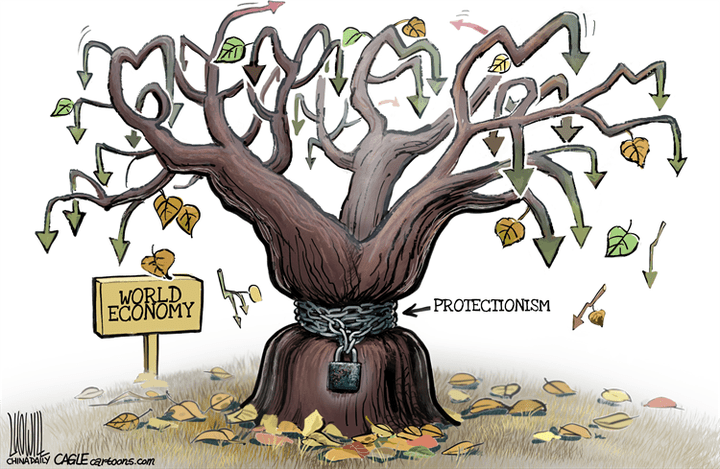Meditations and Learnings
Meditations and Learnings
Protecting Competitors Does Not Protect Competition

Competition exists as a condition even in the absence of competitors - it must be considered independently from the current number or size of competitors in the market. The government most often intervenes on behalf of a competitor, not the customer. Complaints arise when prices are “too low”, a problem which no sane consumer has ever levelled. Indeed, the economy, and therefore the customers, benefit from large, dominating companies. We cannot lose sight of the distinction between “harmful to competition” and “harmful to competitors”, though it is often confused.
A large company can use fewer scarce resources in bringing their products to market due to economies of scale. The knock-on effects of a company’s large consumer base are that the smaller companies from which it sources its materials benefit from reliable orders of their products. Dependable orders allow the smaller company to lower their prices due to the consistency of business. Competition means that more companies use scarce resources less and less as the chain ode dependency grows more and more efficient.
Third-party government intervention forcing companies to facilitate their competitors is antithetical to competition. Intervention destroys that which makes competition such a powerhouse for innovation - reducing consumption of scarce resources, lowering prices for customers, and progressing the population’s standard of living.